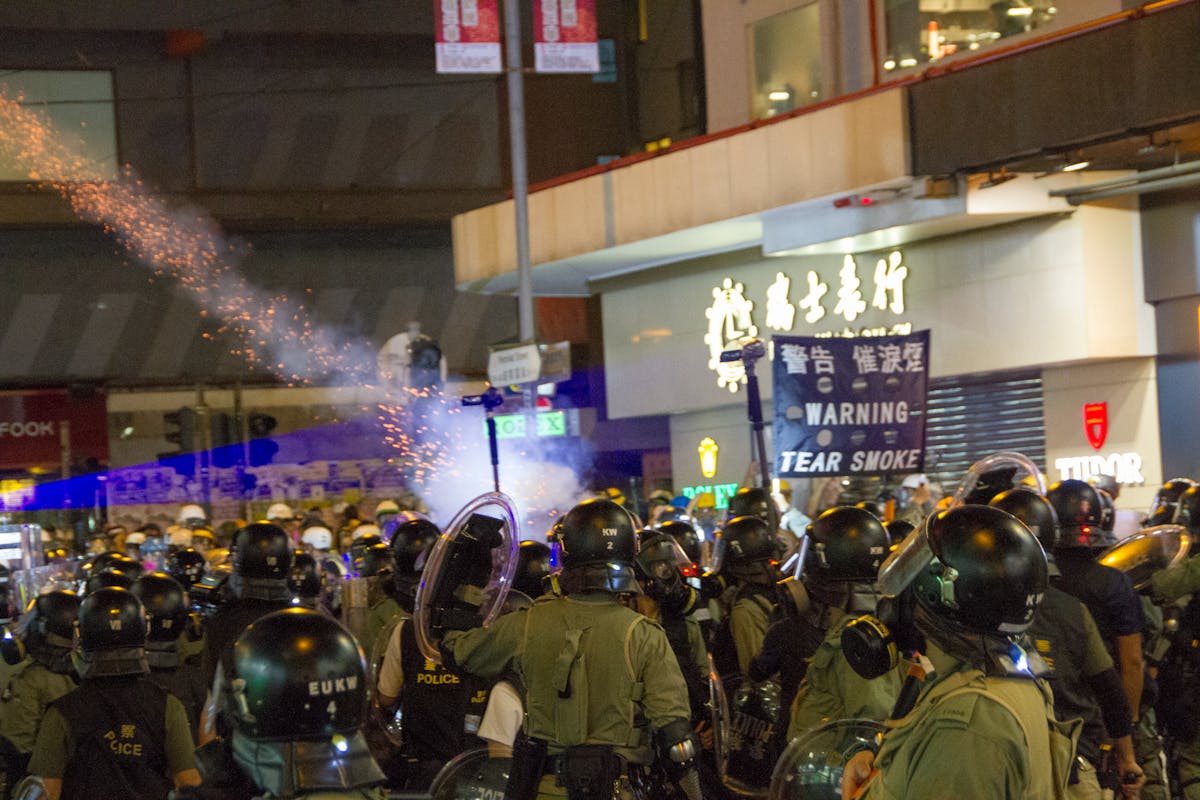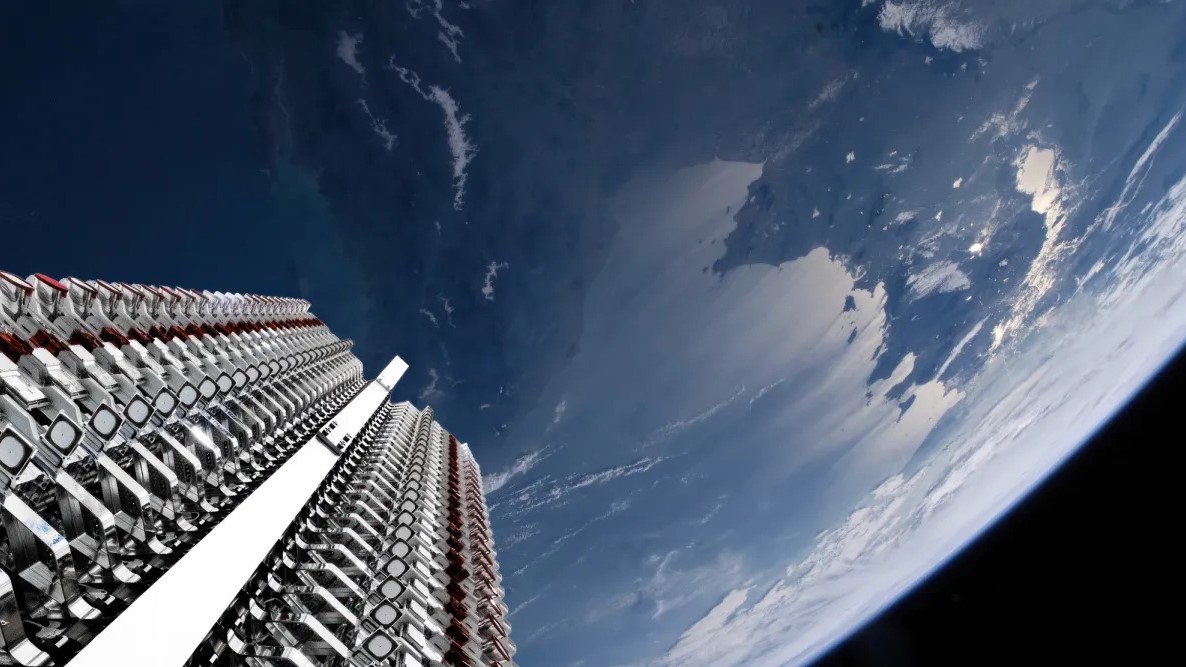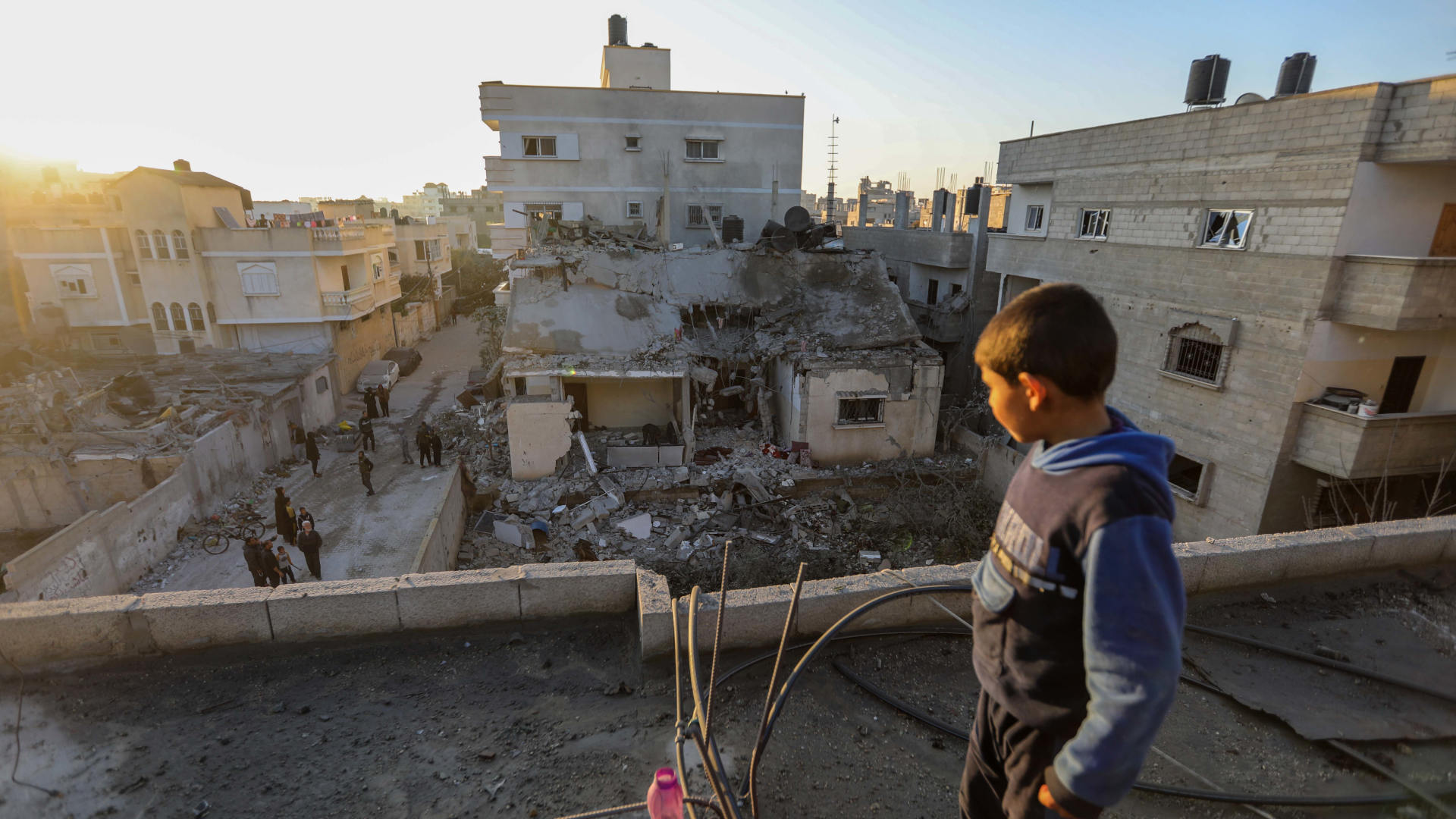The conflict in Gaza transcends a mere localized dispute; its consequences ripple throughout the Middle East, shaping political partnerships, economic approaches, security frameworks, and societal interactions across the area. When evaluating how the Gaza war affects Middle Eastern stability, it is crucial to examine its various aspects, all intertwined with past resentments, current power struggles, and the shifting agendas of both regional and international players.
Regional Political Impact
The Gaza war has prompted recalibration of diplomatic relations both within the Arab world and between the Middle East and external powers. Historically, the Palestinian question served as a central rallying point among Arab states. In recent years, however, normalization agreements—such as the Abraham Accords between Israel and the United Arab Emirates, Bahrain, Morocco, and Sudan—appeared to shift priorities away from Palestine. The escalation of violence in Gaza tested the durability of these new alignments.
For example, widespread public indignation in nations such as Jordan, Egypt, and Morocco exerted considerable pressure on their respective governments to take a more resolute position against Israel or to re-evaluate the character and extent of current agreements. Frequent high-level diplomatic engagements, urgent Arab League meetings, and continuous demands for a ceasefire highlight the persistent conflict between governmental practicality and popular advocacy.
Empowerment of Non-State Actors
The war has also emboldened non-state groups, such as Hezbollah in Lebanon and Houthi rebels in Yemen. These groups draw ideological and logistical connections to Palestinian factions, sometimes precipitating cross-border confrontations or missile attacks. The potential for escalation into a broader regional conflict increases as these actors leverage the Gaza crisis to further their own agendas.
Security Ramifications: Risks of Escalation
Gaza’s war frequently acts as a catalyst for violence across borders. Missiles launched from southern Lebanon, drone attacks from Yemen, and border clashes in the occupied Golan Heights testify to the porous nature of regional security. Major powers like Iran play a pivotal role, providing support to Palestinian groups as well as to associated proxies in neighboring countries.
This intricate web of alignments raises the risk that local skirmishes could escalate into direct confrontations between states, particularly if Israeli actions provoke retaliatory attacks or if Iranian interests come under threat. For example, US troop deployments and naval maneuvers in the Eastern Mediterranean serve both to deter escalation and protect strategic interests, highlighting the conflict’s potential to draw in external actors.
The conflict in Gaza has also impacted the domestic security landscape of nations with substantial Palestinian communities, particularly Jordan and Lebanon. Extensive demonstrations occasionally escalate into civil disturbances, revealing cracks in social unity and testing the ability of governments to preserve peace. Worries about security may lead to the implementation of curfews, closing of borders, and intensified counterterrorism efforts, all contributing to increased regional instability.
Socio-Economic Repercussions and Humanitarian Demands
The humanitarian consequences of the Gaza conflict are severe, marked by thousands of fatalities, extensive devastation, and large-scale displacement. Adjacent nations, already grappling with refugee influxes from Syria, Iraq, and other regions, encounter heightened challenges as Gazans search for sanctuary or as cross-border assistance operations escalate. Global organizations, including the United Nations Relief and Works Agency (UNRWA), indicate significant stress on provisions and operational capabilities, leading to calls for greater international backing.
These humanitarian pressures can destabilize fragile host communities, increase competition for jobs and housing, and exacerbate xenophobia or resource-driven tensions within border regions.
War in Gaza influences the broader regional economy by disrupting trade routes, deterring foreign direct investment, and inflating risk premiums. The Eastern Mediterranean’s maritime corridors—vital for goods, energy, and raw materials—face threats of interdiction and delays due to heightened naval activity. Tourism, already fragile in many Middle Eastern economies, stagnates further.
Moreover, energy markets react sensitively to the specter of expanded conflict, with oil prices spiking in response to perceived threats to Gulf shipping lanes or pipeline infrastructure. Countries dependent on inward remittances and commodity imports must adapt to fluctuating markets, which can inflame domestic economic grievances and political instability.
Ideological Polarization and Information Warfare
The conflict in Gaza extends beyond physical battlegrounds; its stories are disseminated across digital platforms and news sources, exacerbating ideological rifts within and among Middle Eastern communities. Conflicting reports of the hostilities, unverified video clips, and propaganda-driven communications contribute to radicalization, hinder efforts toward reconciliation, and impact internal political affairs. Authorities face the challenge of managing information oversight, freedom of speech, and issues of national security, especially as public opinion influences political discussions.
The Broader Strategic Balance
As the Gaza conflict progresses, it challenges the durability of current peace accords, reveals the vulnerability of normalization efforts, and forces regional players to continuously re-evaluate their security stances and partnerships. A state of tension remains between the desire for stability and the influence of historical, religious, and national stories. Consequently, the turmoil caused by the war in Gaza extends far beyond its immediate borders, confirming the lasting interdependence of the Middle East and highlighting the intricate relationship between localized aggression and broader strategic structures.
This analysis reveals that the trajectory of the Gaza war, and the response of regional and global actors, will continue to shape the pace and character of Middle Eastern stability for years to come.





